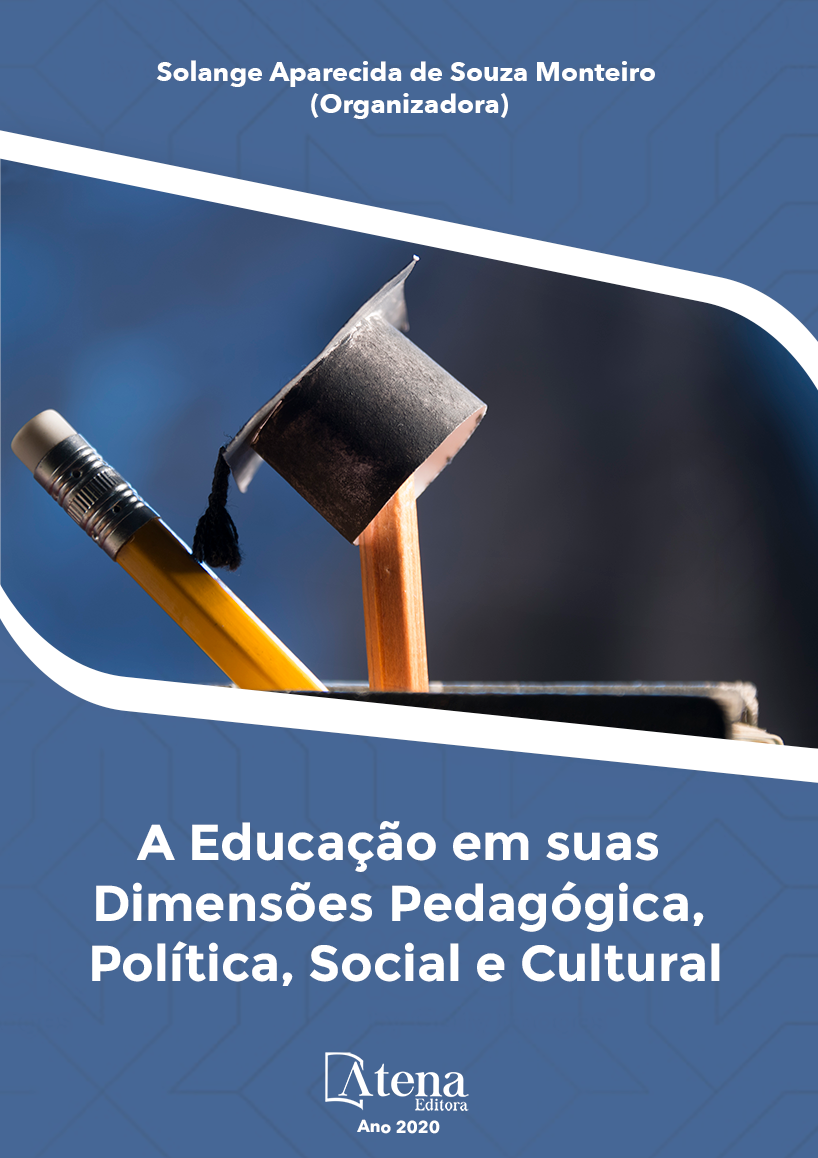
BARALHO E O PÔQUER NO ENSINO DE ANÁLISE COMBINATÓRIA E PROBABILIDADE
Este recorte trata de uma proposta
de ensino e aprendizagem de conceitos de
análise combinatória e probabilidade no Ensino
Médio. Tinha-se como objetivos gerais: (1)
desenvolver o raciocínio lógico, a percepção,
a análise, a interpretação, a organização e a
comunicação de dados e resultados, o espírito
crítico e criativo; (2) compreender e perceber
a inter-relação da matéria com diversas áreas
do cotidiano; (3) aplicar os conhecimentos
adquiridos nas atividades e resoluções dos
problemas. Para tanto, buscamos responder:
quais as potencialidades e limites do baralho
e do pôquer no ensino de análise combinatória
e probabilidade? Trata-se de uma pesquisa
qualitativa, cujos instrumentos foram os
registros produzidos pelos alunos, diário de
campo, testes diagnósticos inicial e final, teste
em duas fases e torneio. Previmos utilizar o
baralho e o jogo de pôquer. Esperava-se que
os alunos entendessem a matemática contida
em nossa proposta e assim se apropriassem
dos conceitos de probabilidade e análise
combinatória.
BARALHO E O PÔQUER NO ENSINO DE ANÁLISE COMBINATÓRIA E PROBABILIDADE
-
DOI: 10.22533/at.ed.27620130229
-
Palavras-chave: Análise Combinatória. Probabilidade. Resolução de Problemas.
-
Keywords: Combinatorial analysis. Probability. Problem solving.
-
Abstract:
This article deals with a proposal on
teaching and learning concepts of combinatorial
analysis and probability in high school. The
main objectives were: (1) develop logical
thinking, perception, analysis, interpretation,
organization and communication of the data and
results, critical and creative thinking; (2) realize
and comprehend the interrelationship between
the subject and different areas of daily life; (3)
apply acquired knowledge when doing activities
and solving tasks. To that end, we attempted
to answer: what are the probable limits of the
deck of cards and poker when used for teaching
combinatorial analysis and probability? This is a
qualitative study, based on the records provided
by students, being a field journal, initial and final
diagnosis tests, two phases tests and contests.
We aimed to use the deck of cards and poker
games. We expected students to understand
the mathematics in our projects, and through it,
they learn concepts of probability and combinatorial analysis.
-
Número de páginas: 5
- Rodrigo Lima Almeida
- Adriana Ap. Molina Gomes
- Rafael Cordeiro


